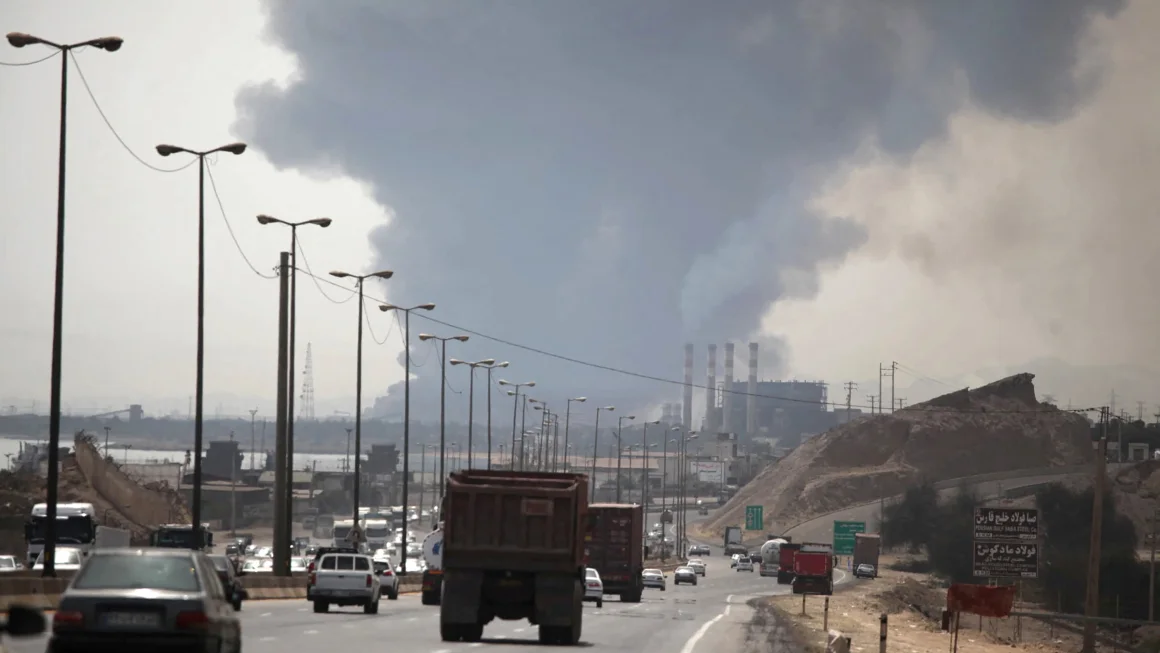Egyptian Prime Minister Mostafa Madbouly issued a decision on Monday to form a Crisis Committee, headed by him, to monitor the repercussions of the Iranian-Israeli military operations and prepare for any further developments.
The official spokesperson for the Cabinet, Mohamed al-Homsany, said that the committee includes the Governor of the Central Bank of Egypt, the Ministers of Industry, Planning, Electricity, Finance, Supply, and Petroleum, as well as representatives from the Ministries of Defense and Interior, the General Intelligence Service, and the Administrative Control Authority.
He added that the Prime Minister will meet periodically with the committee’s members and is currently intensifying his meetings with various advisory committees to discuss the repercussions of recent events and their impact on various sectors.
The former Governor of the Central Bank of Egypt, Mahmoud Aboul-Eyoun, expressed his concerns about the impact on foreign exchange earnings due to the impact on Egyptian exports of fertilizers and pesticides, which may decline as a result of reduced natural gas supplies.
Aboul-Eyoun said that the continuation of war could also impact tourism, as well as the movement of international capital, which would harm investment returns.
A government source revealed that the Ministry of Petroleum has agreed to receive four additional shipments of liquefied natural gas (LNG) over the next two weeks, as part of an urgent plan to compensate for the shortage resulting from the halt in Israeli gas supplies amid the ongoing escalation with Iran.
The additional shipments will amount to approximately 355,000 tons of LNG, providing 12 billion cubic feet over the course of an entire month, equivalent to 400 million cubic feet of gas per day.
The repercussions of the mutual attack between Tehran and Tel Aviv were reflected in global oil prices, with prices jumping seven percent amid renewed military strikes between the two sides.
This raised fears of a wider conflict in the region and the potential disruption of oil exports from the Middle East.
A government source confirmed that Egypt, despite its potential impact from this conflict, may benefit temporarily from increased European demand for liquefied natural gas if Israeli gas exports decline as a result of the targeting of facilities such as Ashkelon or Tamar.
Oil and energy expert Gamal al-Qalyoubi said that regional developments prompted the government to strengthen its daily monitoring mechanisms for global energy markets, noting that any sharp price increases will directly impact the cost of importing liquefied natural gas.
Furthermore, fuel shipping costs have seen significant increases globally.
The former Deputy Chairman of the Egyptian General Petroleum Corporation, Medhat Youssef, confirmed that the instability in the region has prompted insurance companies to raise the “war premium” for ships transiting in areas of tension, especially tankers transporting petroleum products.
Edited translation from Al-Masry Al-Youm
Egypt sets up crisis committee to monitor repercussions of Iran-Israel war Egypt Independent.
Hence then, the article about egypt sets up crisis committee to monitor repercussions of iran israel war was published today ( ) and is available on EGYPT INDEPENDENT ( Egypt ) The editorial team at PressBee has edited and verified it, and it may have been modified, fully republished, or quoted. You can read and follow the updates of this news or article from its original source.
Read More Details
Finally We wish PressBee provided you with enough information of ( Egypt sets up crisis committee to monitor repercussions of Iran-Israel war )
Also on site :
- Anthropic accuses Chinese AI labs of mining Claude as US debates AI chip exports
- Canaan Inc. Acquires Cipher Mining's Interest in Multiple Operational Mining Projects Totaling ~4.4 EH/s in West Texas
- The best Crazy Time apps to download and play in Bangladesh

